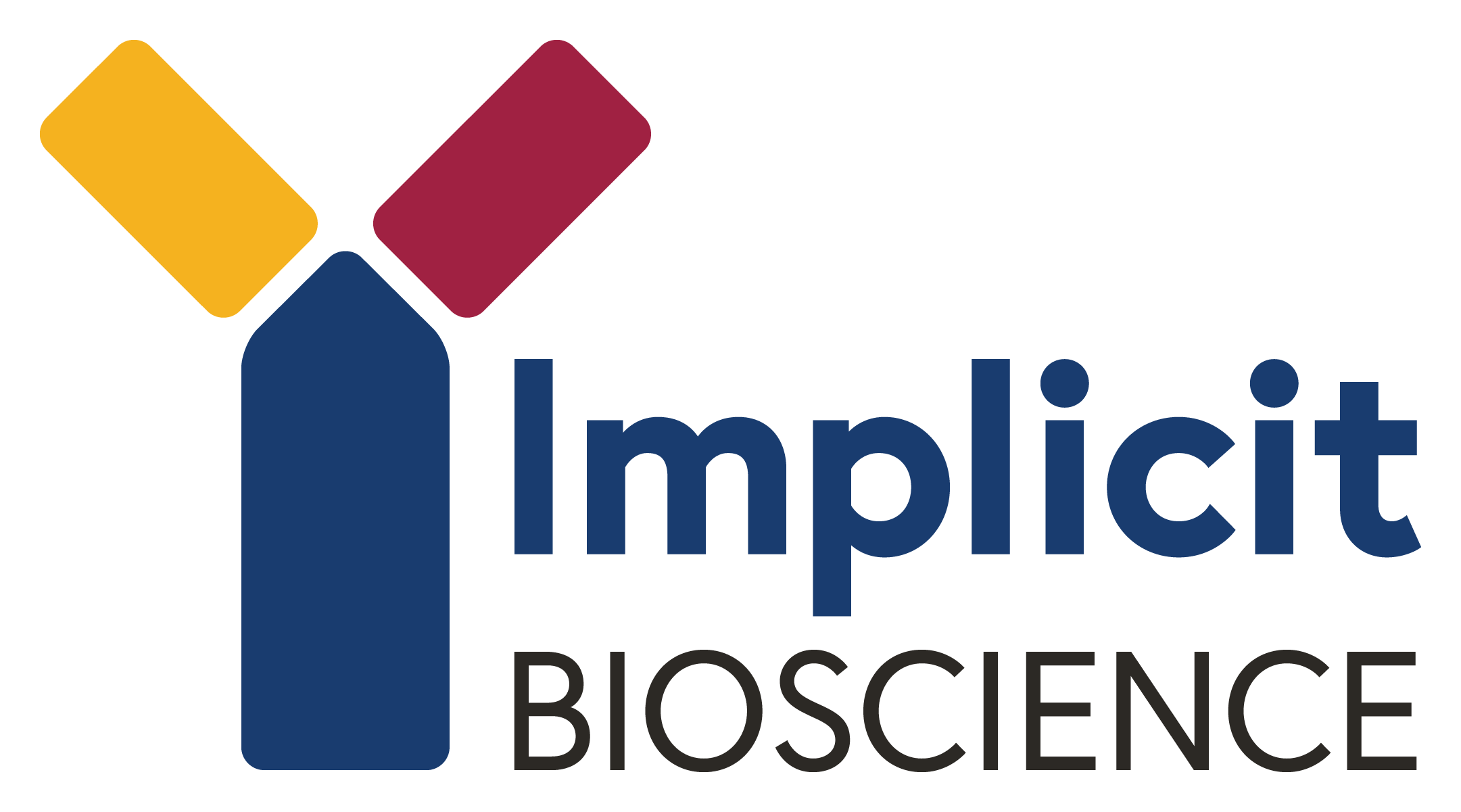Summary:
- New imaging technology allows clinicians to see immune cells that cause many heart diseases.
- Implicit’s antibody reprograms these immune cells and prevents damage, restoring heart function.
- This new technology will accelerate development of Implicit’s atibuclimab and pioneer a new era of precision cardiac medicine.
The development of new treatments in cardiology has been very difficult because of the heterogeneity of the patient population and the resulting variation in response to treatment.
Very recent scientific advances in immunology and precision medicine now allow targeted approaches to identify groups of patients who can be predicted to benefit from a particular treatment based on their specific immune profile, thus increasing the probability of clinical success required for drug approval.
New research from the Center for Cardiovascular Research and the Cardiovascular Precision Medicine Research Initiative at Washington University in St Louis positions Implicit Bioscience’s monoclonal antibody atibuclimab (IC14) at the forefront if this transformative field of cardioimmunology. This work builds on initial breakthrough discoveries by our collaborators at the Baker Heart and Diabetes Institute in Melbourne, Australia.
This research shows that a particular type of immune cell called a CCR2+ macrophage is causally linked to chronic disease progression following heart attacks. Macrophages lacking the CCR2 receptor are responsible for cardiac tissue repair after injury but are aggressively displaced by invading CCR2+ cells early in the disease. Using nuclear medicine, our collaborators in St Louis have created a tag for the CCR2 receptor that permits them to visualize these cells in patients using a PET/CT scanner.
“This new precision medicine tool will allow us to see the cells that cause the disease, select the patients most likely to respond to our drug and track the effect of atibuclimab on those cells in those patients”, said Implicit Bioscience CEO, Garry Redlich.
Anti-inflammatory drugs like corticosteroids that suppress the overall immune response cannot discriminate between the “bad” inflammatory immune cells that cause disease and the “good” reparative immune cells, and drugs that target just a single immune pathway are unable to retune the whole immune response.
In a new paper currently being prepared for publication, the Implicit Bioscience team shows that blocking atibuclimab’s target in these serious cardiology diseases profoundly and selectively rewires the genome of immune cells that cause these diseases. Everything downstream of these genes is thus deflected away from inflammation, fibrosis, scarring, muscle failure and electrical disturbance and back towards the normal repair and recovery functions that result in a regular heartbeat and efficient pumping of blood.
“Having a monoclonal antibody with this extraordinary capability is remarkable enough,” said Mr. Redlich. “But also having access to a technology that will allow our clinicians to both select patients most likely to benefit and to monitor the drug’s effectiveness could lead to a major transformation in how patients with inflammatory heart diseases are treated.”
Lavine, K.J. and Liu, Y. Visualizing inflammatory monocytes and macrophages in the human heart. Nature Cardiovascular Research, September 2023.
Lavine, K.J., et al. CCR2 imaging in human ST-segment elevation myocardial infarction. Nature Cardiovascular Research, September 2023.
– ENDS –

